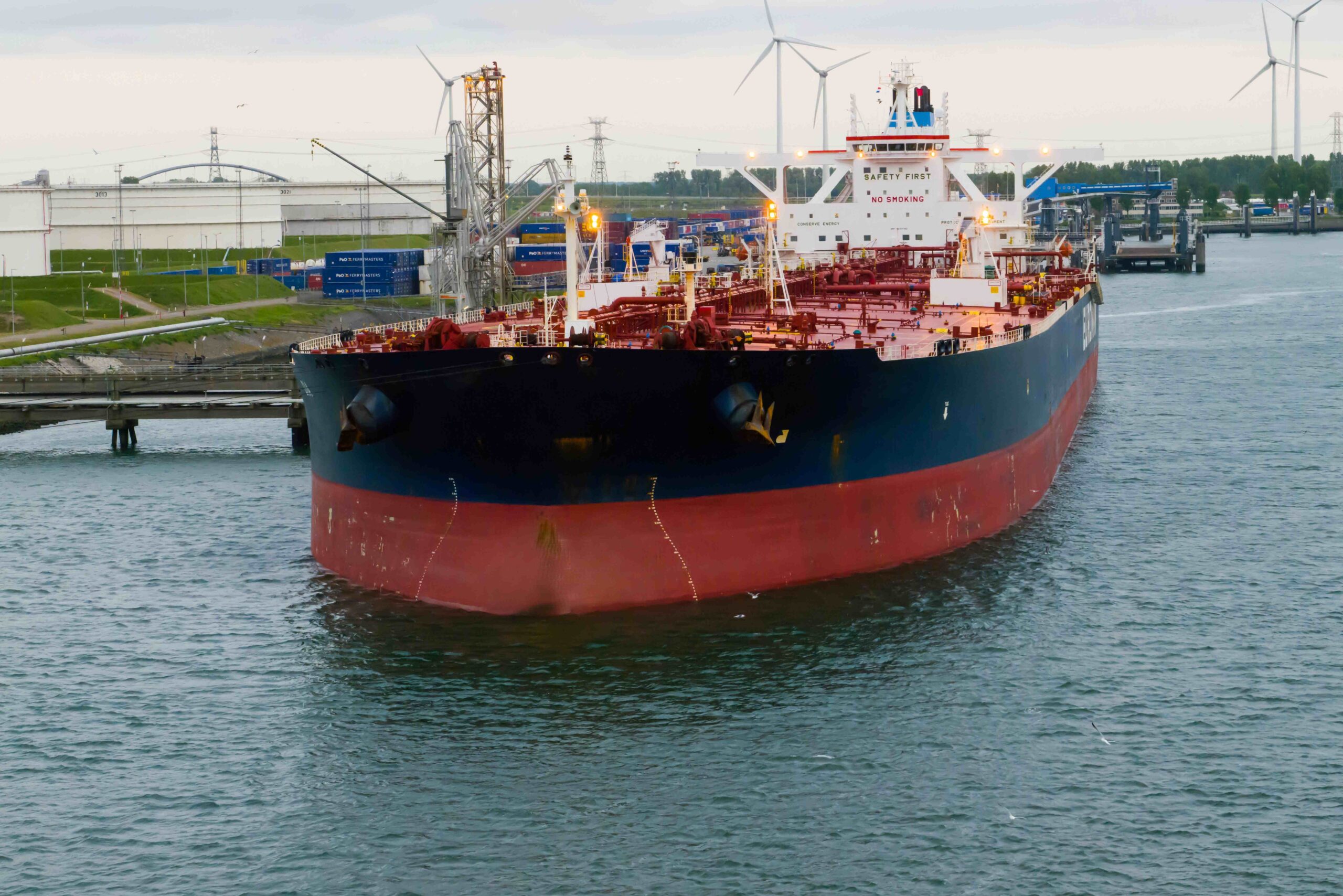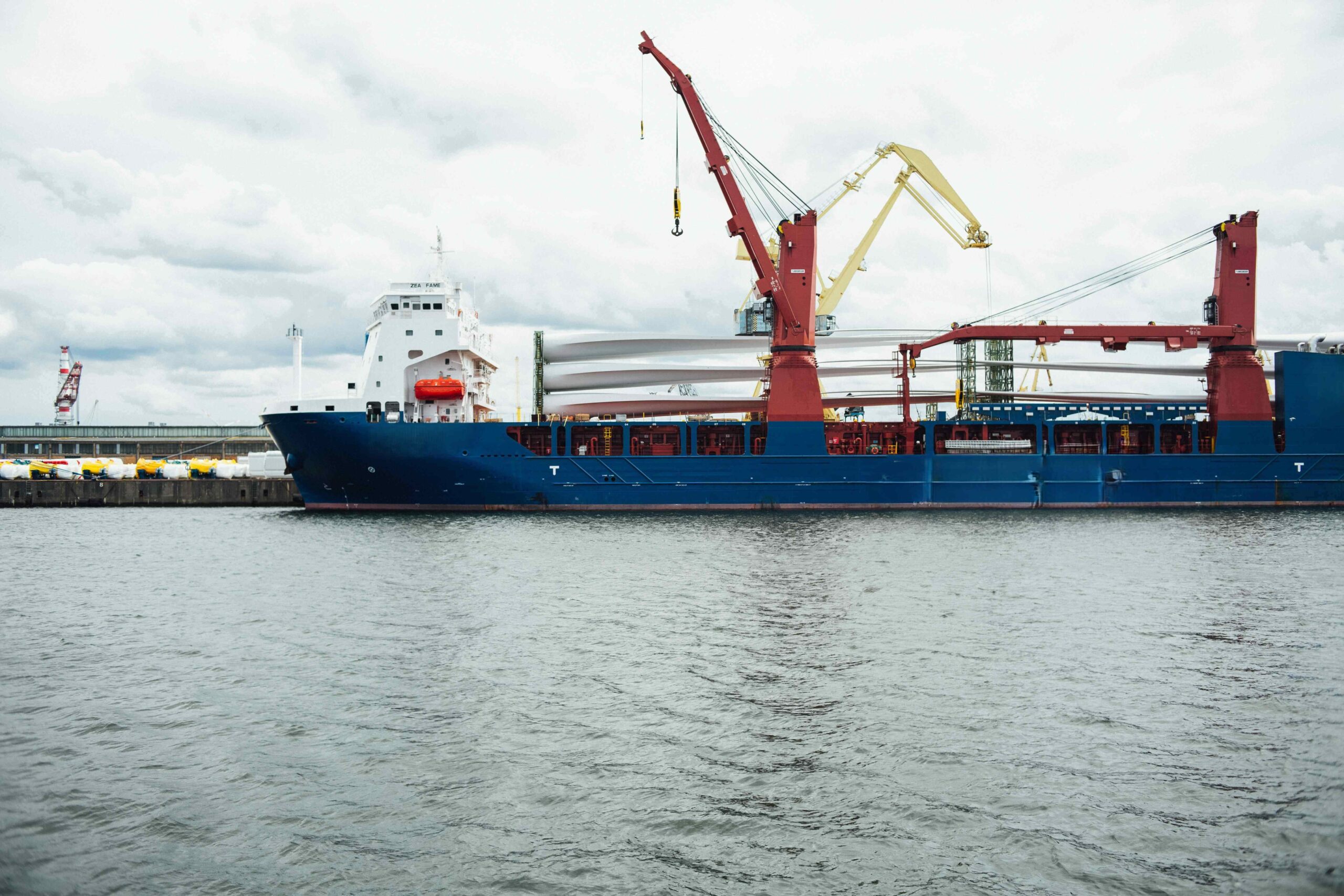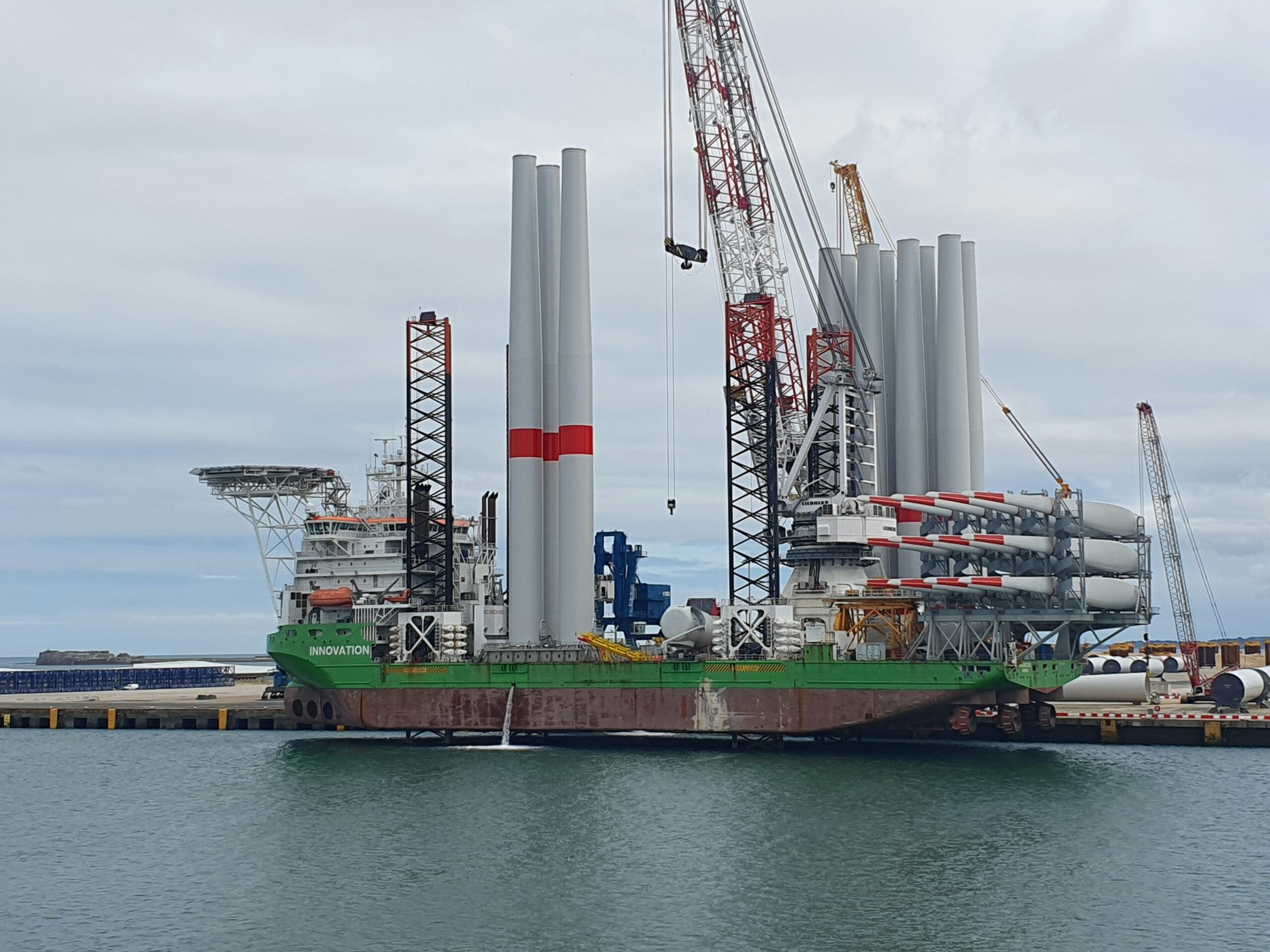Fuel Cells in Maritime Bunkering: Opportunities and Infrastructure Barriers
As global shipping races to meet ambitious decarbonization targets, fuel cell technology is emerging as a transformative force in maritime propulsion. With the potential to drastically cut greenhouse gas emissions, improve fuel efficiency, and offer quiet, vibration-free operation, fuel cells present a compelling
Beyond LNG: Comparative Lifecycle Emissions of Biofuels, Ammonia, and Methanol in Marine Applications
Introduction The shipping industry stands at a critical juncture in the global transition toward cleaner energy. As a sector responsible for roughly 3% of global greenhouse gas (GHG) emissions, the pressure to decarbonize is mounting, particularly in the wake of the International Maritime
Exploring Hydrogen Blends in Conventional Bunker Fuels
The maritime industry is increasingly exploring innovative solutions to reduce greenhouse gas emissions and enhance sustainability. One promising approach gaining traction is the integration of hydrogen blends into conventional bunker fuels. This article explores the potential of hydrogen blends, their benefits, challenges, and
Case Studies on Successful Bunker Fuel Switching Operations
The maritime industry is increasingly adopting cleaner and more efficient fuel options to comply with environmental regulations and enhance sustainability. Bunker fuel switching, which involves transitioning from traditional heavy fuel oil (HFO) to alternative fuels, has proven to be a viable strategy. Here
Future Trends in Marine Fuel Research and Development
The maritime industry is undergoing significant changes driven by advancements in marine fuel research and development. With stricter environmental regulations and an increasing emphasis on sustainability, the focus is shifting towards cleaner and more efficient fuel options. Here are some of the key
Comparative Studies of Bunker Fuel and Other Marine Fuels
Marine fuels are pivotal in powering ships and vessels worldwide, with their environmental impact being a significant concern. This article delves into comparative studies between bunker fuel and alternative marine fuels, focusing on their composition, emissions profiles, and environmental implications. Understanding Bunker Fuel
Integration of Renewable Energy Sources in Bunker Fuel Systems
Introduction The maritime industry is a critical component of the global economy, responsible for transporting 90% of international trade. However, it is also a significant contributor to environmental pollution, emitting approximately 940 million tonnes of CO2 annually. To address this, the industry is
Carbon Footprint Analysis of Fossil Fuels vs. Alternative Marine Fuels
Introduction The shipping industry is a significant contributor to global greenhouse gas (GHG) emissions, primarily due to the extensive use of bunker fuels. As concerns about climate change intensify, the maritime sector faces increasing pressure to reduce its carbon footprint. Alternative marine fuels,
Case Studies on the Implementation of Green Bunker Fuel Solutions
Introduction As the maritime industry faces increasing pressure to reduce its environmental footprint, the adoption of green bunker fuel solutions has become a focal point. Various shipping companies and organizations are pioneering the use of alternative fuels and technologies to meet stringent emission
Energy Transition: Role of Hydrogen in the Future of Marine Fuels
IntroductionThe maritime industry is undergoing a significant transformation as it seeks sustainable and environmentally friendly alternatives to conventional marine fuels. Among the various potential solutions, hydrogen stands out as a promising candidate due to its zero-emission profile when used in fuel cells. This










